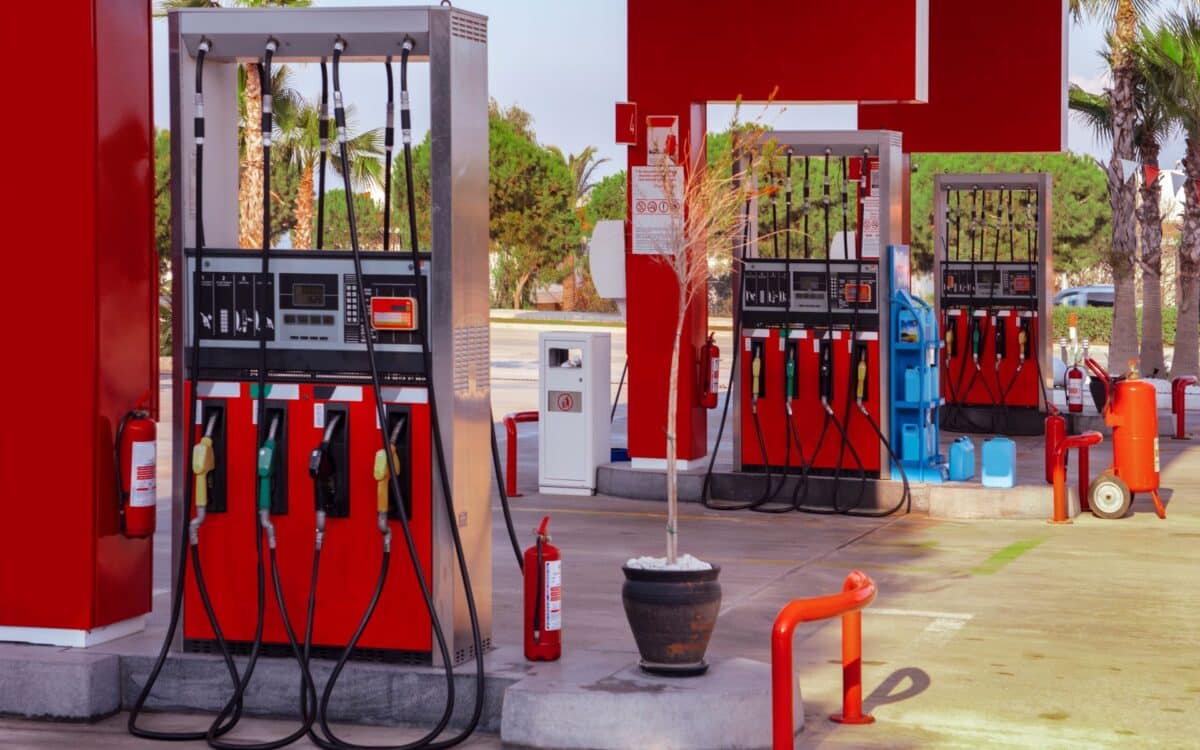Fuel prices, including petrol and diesel, which have remained relatively stable throughout 2024, are projected to rise again in 2025 due to evolving global conditions. The ongoing conflict in the Middle East, coupled with new government initiatives to address price transparency, is expected to shape fuel costs in the coming years.
Current Fuel Prices and Trends
As of now, the average price for petrol in the UK stands at 136.88p per litre, while diesel costs hover around 142.91p per litre, according to RAC Fuel Watch. Filling a standard 55-litre petrol tank costs approximately £75, with diesel filling up at £78. This represents a saving of £6–£7 compared to last year’s prices.
However, experts like Stuart Masson, Editorial Director at The Car Expert, warn that this period of lower prices may soon come to an end. He noted, “Oil prices were unusually low in 2024, despite instability in the Middle East. Customers should be planning for prices to start heading back up in 2025.”
Middle East Instability and Its Impact on Oil Prices
The Middle East conflict continues to be a major driver of global oil price fluctuations. While initial fears about price hikes due to the conflict involving Israel, Lebanon, and Iran did not materialize in 2024, the situation remains unresolved. Analysts warn that further disruptions could heavily impact oil production and transportation routes, driving up prices.
Several factors underline how instability in the region might lead to significant price changes:
- Ongoing conflicts: Prolonged tensions involving Israel, Lebanon, and Iran may disrupt oil supplies.
- Leadership changes: The ousting of Bashar al-Assad in Syria has heightened regional uncertainty.
- Supply chain vulnerabilities: Key oil transport routes in the Middle East remain exposed to potential blockades or attacks.
- Global market reactions: Geopolitical instability often causes speculative increases in oil prices, further influencing market dynamics.
Geopolitical uncertainty in the Middle East directly affects global oil availability and pricing. Historical events, such as the Russian invasion of Ukraine, demonstrate the wide-reaching impacts of regional instability. Fuel prices in 2025 are projected to respond to these ongoing pressures.
Geopolitical uncertainty in the Middle East impacts global oil supply and pricing, with 2025 fuel prices likely reflecting these pressures.
Government Interventions: The Fuel Finder Scheme
In response to ongoing concerns about rising fuel costs and transparency, the UK Government announced the Fuel Finder scheme, set to launch by the end of 2025. Key features of the scheme include:
- Real-time reporting: Supermarkets and major retailers will be required to report price changes and fuel unavailability within 30 minutes.
- Improved transparency: Fuel prices will be made available via sat navs, map applications, and dedicated fuel finder apps.
- Potential savings: Government scenario modeling suggests pump prices could drop by 1–6 pence per litre due to increased market competition.
This initiative builds on recommendations from the Competition and Markets Authority (CMA), which has criticized current pricing practices. Despite measures like the 5p per litre fuel duty cut, drivers are reportedly still being overcharged at the pump.
Lessons from Northern Ireland’s Fuel Price Checker
The CMA has pointed to Northern Ireland’s Fuel Price Checker as an effective model for reducing costs. This online tool provides up-to-date information on fuel prices across towns and cities, enabling consumers to find the cheapest options nearby. The success of this system offers insights into how transparency can empower drivers and encourage fair pricing.









